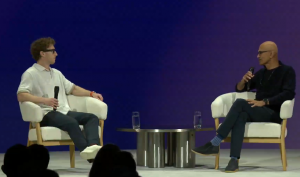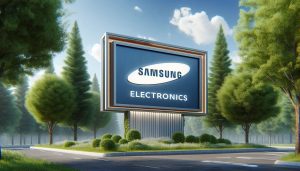Coin, the smart card that might actually replace all your credit cards
![]() Online and mobile payments have become the horizon of many technology companies. There are all kinds of posing as potential alternative solutions–from the momentum of virtual currencies like Bitcoin, wireless solutions such as NFC, physical readers like PayPal Here, Square or iZettle or simply the use of QR codes.
Online and mobile payments have become the horizon of many technology companies. There are all kinds of posing as potential alternative solutions–from the momentum of virtual currencies like Bitcoin, wireless solutions such as NFC, physical readers like PayPal Here, Square or iZettle or simply the use of QR codes.
However, some believe that we need not change anything. Pay with a credit card using a magnetic stripe reader at the point of sale is simple and works at millions of sites–the infrastructure is already there. PayPal and Square understand this and are not trying to change this type of transaction, and have simply sought to augment that already-existing technology to smartphones and mobile devices.
They are not alone. Entrepreneur Kanishk Parashar recently has created a startup called Coin, backed by Y Combinator, K9 Ventures and a group of individual investors including employees of Square, Google Wallet and Goldman Sachs, making a credit card-sized device that can store information from other credit cards. This could make the cards salad that is currently found in many purses, soon be a thing of the past.
Coin is a device the size of a credit card, which keeps the data from eight credit, debit, gift or loyalty cards, and allows you to switch between them by pressing the button on its surface. You can use the card at any ATM or to pay at the cash register, as if it were itself the chosen card. Coin uses the patented magnetic strip with variable information to store data.
How it works
Users load information from their existing credit cards into their iOS or Android devices, which then sends the information to the Coin card using Bluetooth. To add one, simply take a photo or two of the card in question and enter the necessary information. Then Coin will do the rest and works like any card.
A small screen displays information that usually appears in the back of the card such as name, expiration date and the security code. It is made with enough power to operate for two years, after which they will have to purchase a new one, since you cannot recharge it one more time. The device is also provided with a connector for smartphones, just plug the dongle (security key), swipe your card to get the data and put it in its wallet card.
“You can use anywhere Coin cards are accepted, including reading systems and ATM magnetic strip. Use it like you use your card at gas stations, restaurants, shopping, at the gym or anywhere else you frequent soles” explain the creators. With the mobile app you can keep track of your movements with each card and be aware of how much money you have spent with each and in total.
Considering possible forgetfulness, loss or theft, Coin sends a notice to your mobile when both devices Bluetooth lose contact, and if the separation time exceeds a user-specified time, Coin locked itself to prevent misuse. On the security side, Coin uses 128-bit and 256-bit encryption on the card itself as well as on both its server and mobile app.
But unlike PayPal and other payment vendors, Coin is not free. The device is available for pre-order now for $50, though it will double in cost for later buyers when it becomes available in mid-2014.
Coin team is also opened up its Web site for preorders as part of a crowdfunding campaign to raise $50,000. Coin use the crowdfunded campaign’s money to do manufacturing to buy the parts and to get the production lines ready so they can start producing higher quantities.
With so much focus spent towards digital wallets, Coin’s idea seems a bit like a throwback. The first attractive market of Coin likely to be the US, where plastic cards as a payment medium enjoy great popularity. Coin reminds businesses and consumers that money does not necessarily fit into an application or a plastic card. Money can have its battery and screen, and all of anything else that will help them easier to manage.
[Image credit: onlycoin.com marketing presentation.]
A message from John Furrier, co-founder of SiliconANGLE:
Your vote of support is important to us and it helps us keep the content FREE.
One click below supports our mission to provide free, deep, and relevant content.
Join our community on YouTube
Join the community that includes more than 15,000 #CubeAlumni experts, including Amazon.com CEO Andy Jassy, Dell Technologies founder and CEO Michael Dell, Intel CEO Pat Gelsinger, and many more luminaries and experts.
THANK YOU













